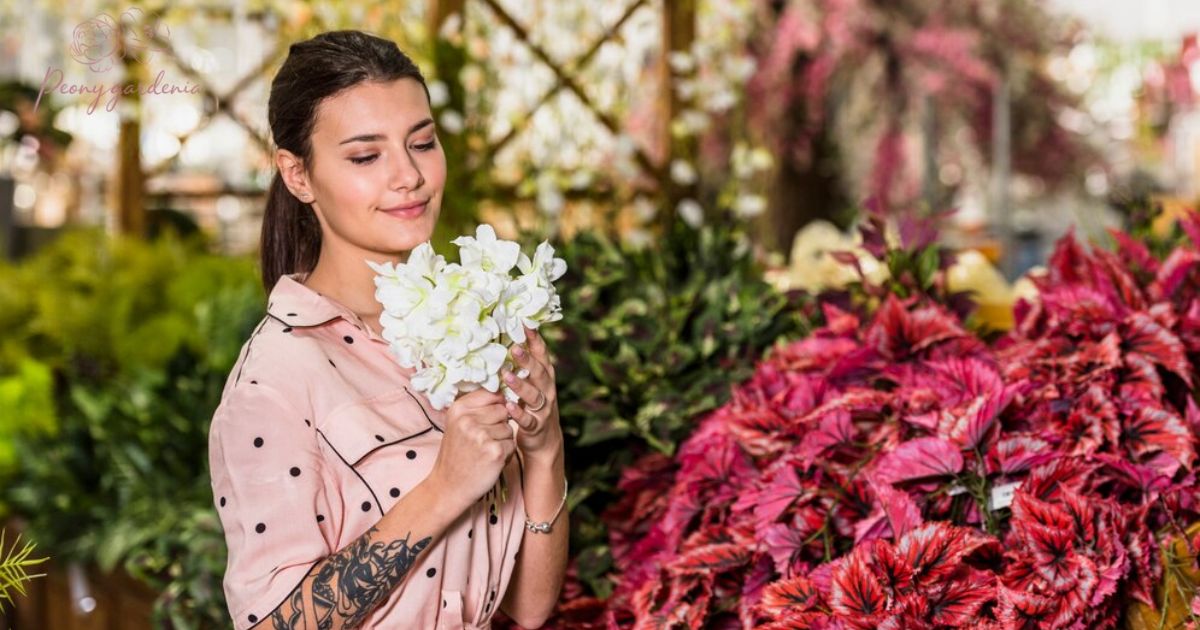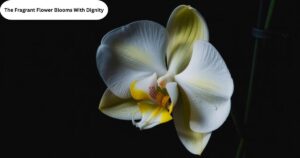Fragrance becomes the climax figure in the play, The Peony Pavilion. She guides Du Liniang into the fascination of following love. Being a symbol of beauty and desire, she is found between life and death. Her role was quite symbolic since it indicated individualism and the strength of love to overcome social norms.
In the beautiful world of The Peony Pavilion, a mysterious woman plays a sizable role in forming the entire story. She served as a servant and confidante to the leading character for her emotional navigation. Given a name that encapsulated beauty and the natural element, her character is, in some way, otherworldly yet powerful as well. She is just one example of mysterious protagonists who personify themes, including love, desire, and fighting against societal constraints.
Scent is a massive person in The Peony Structure, an exemplary Chinese play. She acts as a soul guide for Du Liniang, empowering her to rely on her instinct. Aroma represents love, excellence, and the association among dreams and reality. Through her help, she challenges cultural standards and enables Du Liniang to embrace her cravings.
The Peony Pavilion: A Brief Overview
The Peony Pavilion is a regarded Chinese play made by Tang Xianzu in 1598. It recaps the tale of Du Liniang, a young lady who experiences excited expressions of warmth for a man named Liu Mengmei in a fantasy. This affection is profound to such an extent that, when she wakes, she becomes infatuated and ultimately passes on.
Nonetheless, her soul won’t, not set in stone to rejoin Liu. The play investigates the force of affection, the limit among dreams and reality, and the battle between private cravings and social principles. The Peony Pavilion remains the dearest work in Chinese writing and drama.
Read more: What Does Peony Smell Like? Discover Its Unique Fragrance
Who Is Fragrance?
Fragrance, as someone in The Peony Pavilion, conveys crucial social and philosophical ramifications that mirror the intricacies of adoration, singularity, and the concept of presence in Ming Tradition China. Her task serves the story in addition to welcomes in addition investigation of cultural standards and existential subjects.
Cultural Context of Love and Desire
In commonplace Chinese society, love and individual yearning had been often subjected to family steadfastness and cultural assumptions. Confucian characteristics stressed obligation to own family, specifically for ladies, who have been imagined to recognize their jobs as little ladies and spouses. Scent encapsulates a counter-story, addressing the opportunity that man or woman cravings and heartfelt love are fundamental components of a fulfilling life.
- Challenging Norms: By empowering Du Liniang to try to find after her affection for Liu Mengmei, Scent problems the rigid cultural designs that limit women’ organization. This push in opposition to commonplace standards features the strain between individual longings and the assumptions for society.
- Representation of Female Agency: Fragrance task as a constant determine considers an extra nuanced depiction of girls in writing. She represents the hazard of self-strengthening and close to home delight, upholding for women’ freedoms to adore and are searching for after bliss in line with their own possibilities.
Existential Themes of Love and Death
Fragrance’s duality current among the domains of lifestyles and passing — displays existential topics that penetrate the play. The interaction between those states brings up huge issues approximately the concept of presence, love, and the awesome beyond.
- Transcendence of Love: Fragrance indicates that adoration can upward thrust above mortality. By directing Du Liniang through her excursion, she underscores that authentic romance receives through even after loss of life, providing an otherworldly association that maintains beyond actual lifestyles.
- Dreams vs. Reality: The blending of goals and fact in Scent’s personality urges crowds to contemplate the meaning of goals as an impression of wishes and dreams. This duality welcomes philosophical investigation into what is a tremendous lifestyle, proposing that the hunt for affection and delight can exist outside customary limits.
Philosophical Exploration of Identity and Self
Fragrance acts as a catalyst for Du Liniang’s self-discovery, reflecting broader philosophical questions about identity and the self.
- Journey of Self-Actualization: Through her guide, Fragrance helps Du Liniang navigate her internal struggles and realize her true desires. This tour closer to self-completion traces up with existential strategies of reasoning that intensify individual employer and legitimacy.
- Confronting Societal Expectations: By empowering Du Liniang to interrupt liberated cultural boundaries, Fragrance epitomizes the philosophical notion that proper pride comes from adjusting one’s sports to one’s innermost longings, instead of adjusting to out of doors pressures.
Interpretations of Fragrance Across Adaptations
Various variations of The Peony Structure have shifted in their depiction of Scent. In certain variations, she is portrayed as an airy determine, highlighting her process as a scaffold among domain names. In others, she is a maid with a realistic, earthly presence, offering companionship to Du Liniang.
- Fragrance as a Feminine Archetype
In a few analyses, Fragrance is viewed as an extension of Du Liniang’s goals, representing her femininity and self-empowerment. This interpretation is mainly obtrusive in adaptations that emphasize feminist readings, viewing Fragrance as a manifestation of suppressed dreams and dreams in a patriarchal society.
- Fragrance because the Unseen Catalyst
Some interpretations position Fragrance as a personification of destiny or future, guiding Du Liniang closer to her love with Liu Mengmei. This understanding aligns with the play’s issues of predestined love and the belief that certain forces beyond our control manual our lives.
The Legacy of Fragrance in Chinese Literature and Opera
Fragrance’s legacy in Chinese literature and opera is profound and enduring. As a person in “The Peony Pavilion” She represents love, need, and the intricacies of woman person. Her effect stretches out beyond the primary play, rousing infinite differences and reevaluations in contemporary theater, writing, and workmanship.
Fragrance addresses the war for the female workplace, trying out cultural standards that confine women’ jobs. Her character reverberates with current subjects of strengthening and self-disclosure, making her an immortal figure in Chinese social communication. Through her, crowds look into the touchy concord among non-public cravings and cultural assumptions, guaranteeing her importance throughout a long time.
Conclusion
In the end, Scent is an urgent person in The Peony Structure, addressing the intricacies of affection, need, and personal cooperation. As a soul manual, she assumes an essential part in Du Liniang’s tour, empowering her to seek for after her heartfelt goals notwithstanding cultural imperatives. Aroma typifies the sensitive concord amongst goals and facts, showing how love rises above real presence.
Her character demands standard orientation jobs and gives a significant discourse at the significance of self-disclosure and satisfaction. By blending the ethereal with the sizable, Scent leaves a long lasting effect on the tale and welcomes crowds to contemplate their very own cravings and the cultural designs that impact them.
FAQs
Who is Fragrance in The Peony Pavilion?
Fragrance is a guiding spirit and a huge individual who helps Du Liniang in her pursuit of affection.
What role does Fragrance play within the story?
She encourages Du Liniang to observe her coronary heart and confront societal expectations.
What does Fragrance characterize?
Fragrance represents love, excellence, and the association among dreams and reality.
How does Fragrance effect Du Liniang’s adventure?
She acts as a catalyst for Du Liniang’s transformation, helping her embody her desires.
Why is Fragrance essential in Chinese literature?
Fragrance problems conventional orientation jobs and functions the issue of person corporation however cultural requirements.









